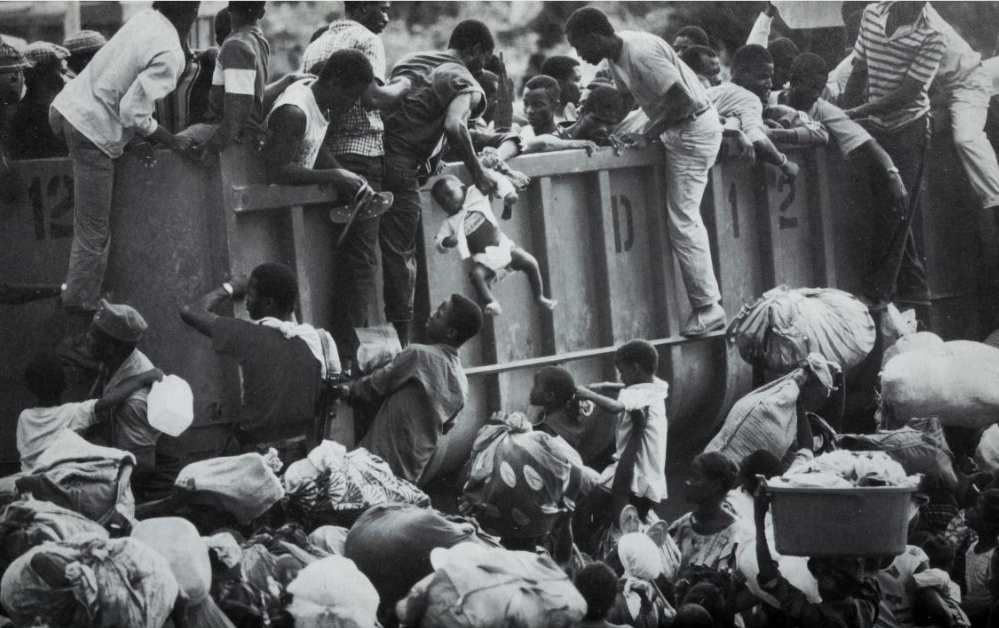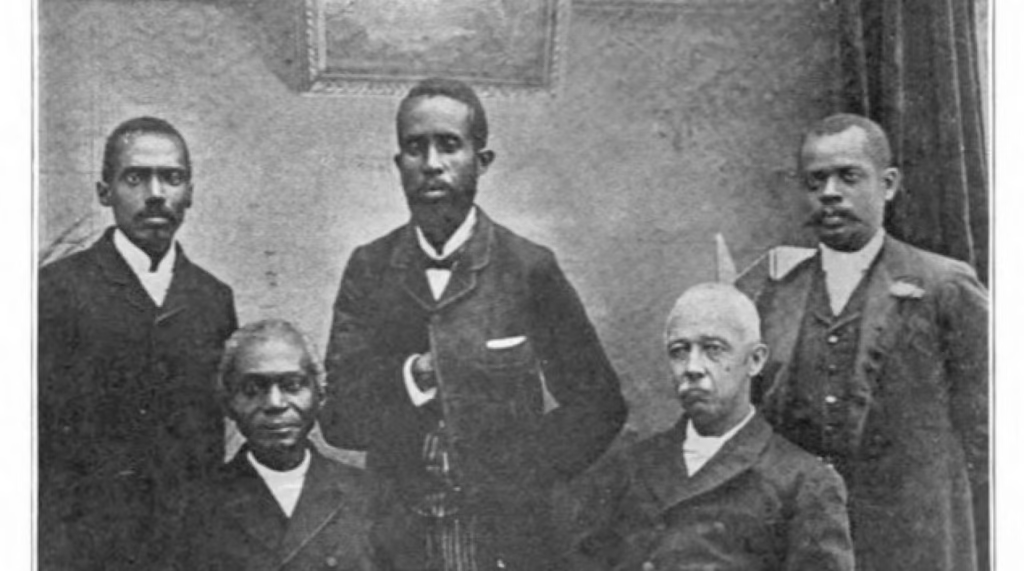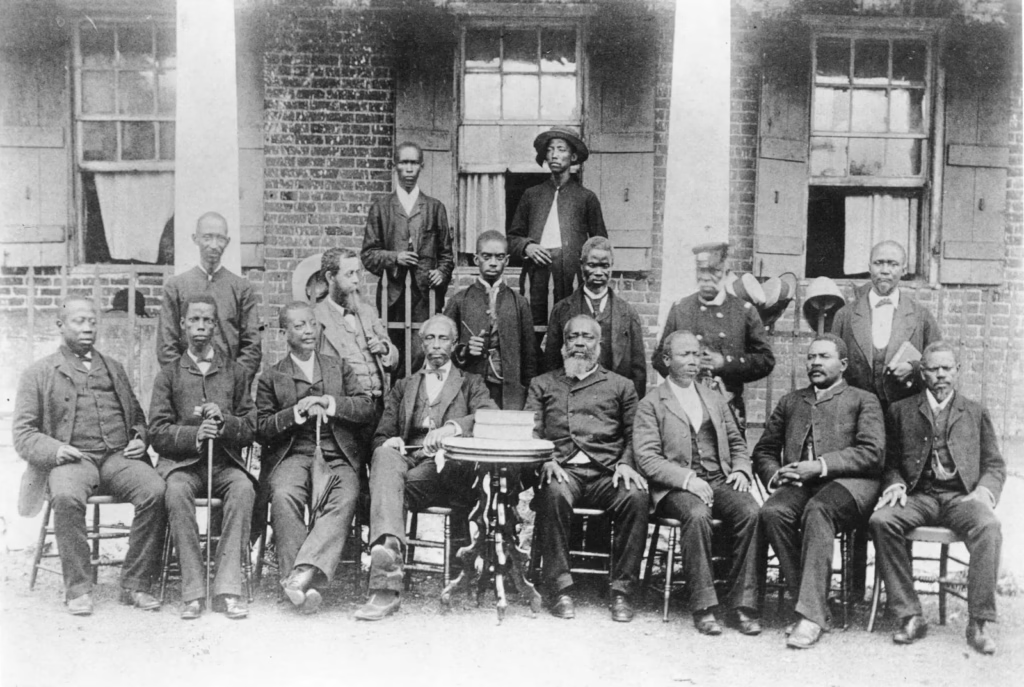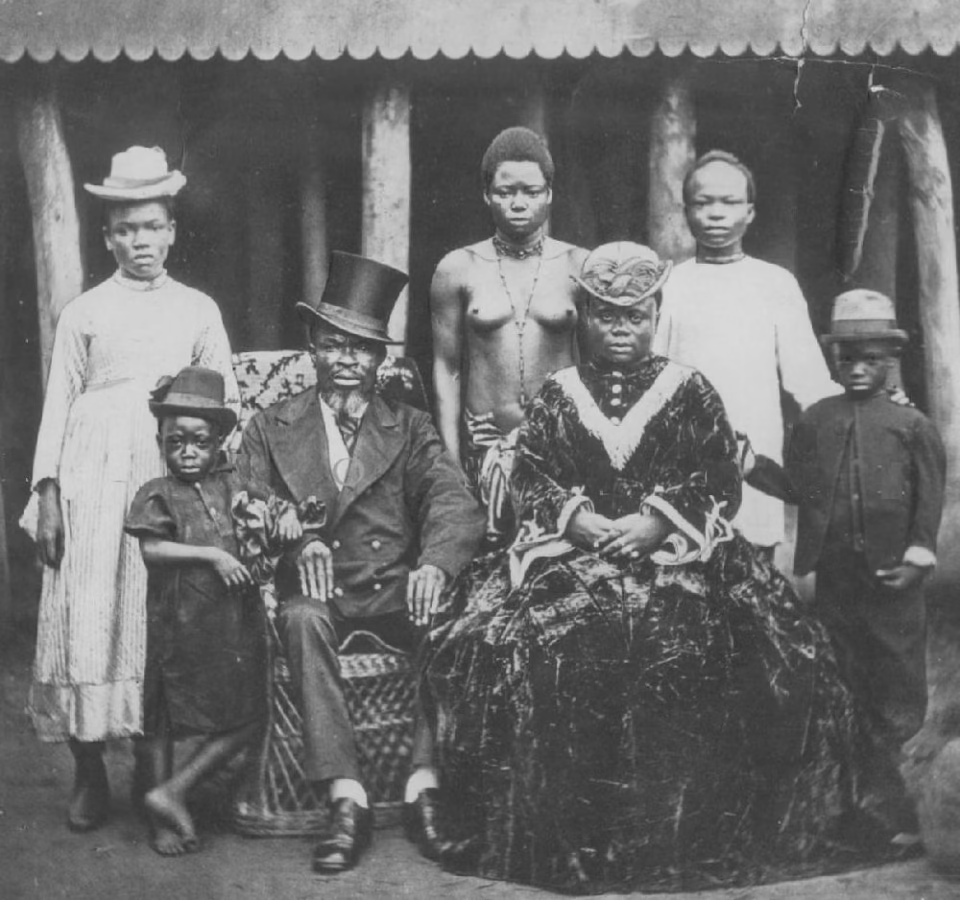Liberia’s story begins in the early 19th century, when the American Colonization Society (ACS) funded and organized the emigration of African Americans to West Africa. Between 1820 and 1843, over 4,500 settlers arrived, but unfortunately, more than half didn’t survive due to harsh conditions.

Despite challenges, the settlers persevered, and in 1846, Governor Joseph Jenkins Roberts requested the Liberian legislature to declare independence. On July 26, 1847, Liberia became an independent nation, with Roberts as its first president.
The United States maintained a “moral protectorate” over Liberia, intervening when necessary to protect its sovereignty. Liberia retained its independence during the Scramble for Africa, remaining in the American sphere of influence. The country’s economy grew, driven by the rubber industry, particularly the Firestone Company.

For over a century, Liberia was controlled by the Americo-Liberians, descendants of the original settlers. However, this period of relative stability ended in 1980, when the regime was violently overthrown, leading to devastating civil wars that lasted from 1989 to 1997 and again from 1999 to 2003.

Throughout its history, Liberia has faced significant challenges, but its resilience and determination have shaped the nation’s journey. From its founding to its current state, Liberia’s story is one of perseverance and growth.



